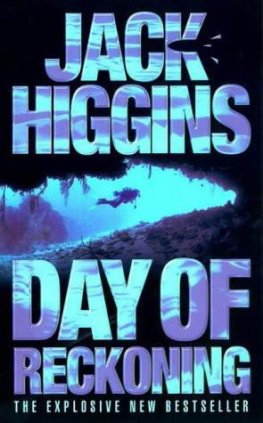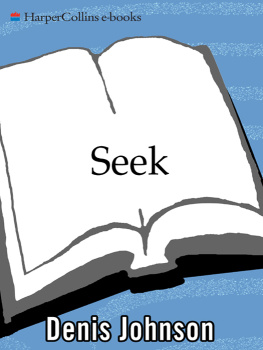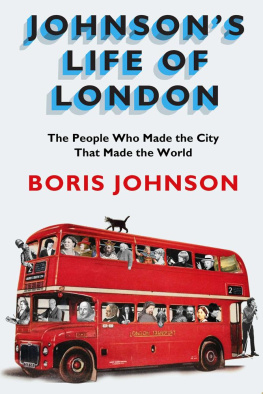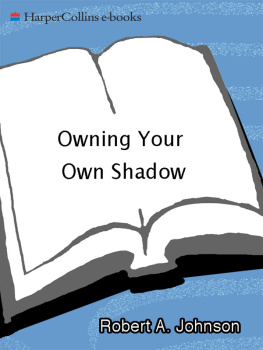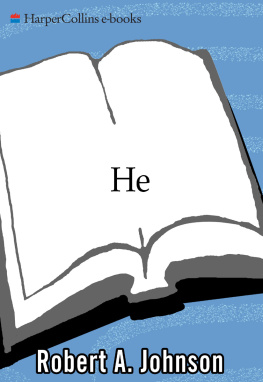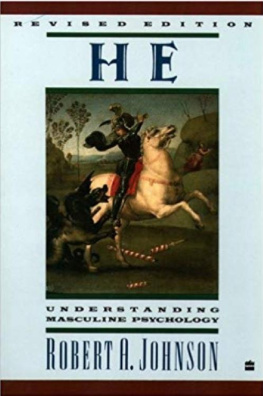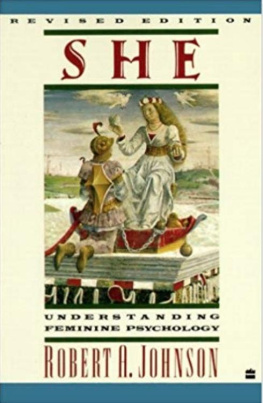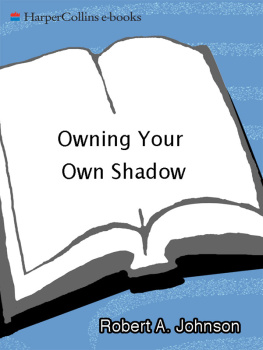Praise for The Other Side
In this brilliant memoir, Lacy M. Johnson offers us a guide to the impossiblehow to reconstruct a past when the past itself is shattered, each memory broken into pieces, left rattling around inside us. Sometimes flashes of poetry are all that we can find in the wreckage; sometimes these flashes are all that can possibly save us, brought together for brief, burning instants, and then let go. The Other Side bristles with life and energy and to read it is to be transformed.
NICK FLYNN, author of
Another Bullshit Night in Suck City
Lacy M. Johnsons powerfully moving and brilliantly structured memoir, The Other Side, asks, How is it possible to reclaim the body after devastating violence? Her intense desire and demand for a life lived in the body is triumphant. Johnsons strength not only to free her physical self but also to move through years of incapacitating fear by writing this book, is breathtaking: I lift the chain from my neck, over my head, let it rattle to the floor.
KELLE GROOM, author of
I Wore the Ocean in the Shape of a Girl


Copyright 2014 Lacy M. Johnson
All rights reserved. No part of this book may be used or reproduced in any manner whatsoever without written permission from the publisher except in the case of brief quotations embodied in critical articles or reviews. For information, contact Tin House Books, 2617 NW Thurman St., Portland, OR 97210.
Published by Tin House Books, Portland, Oregon
and Brooklyn, New York
Distributed to the trade by Publishers Group West, 1700 Fourth St., Berkeley, CA 94710, www.pgw.com
Library of Congress Cataloging-in-Publication Data
Johnson, Lacy M., 1978-
The other side : a memoir / Lacy M. Johnson.
pages cm
eBook ISBN 978-1-935639-84-8
1. Johnson, Lacy M., 1978- 2. Rape victimsUnited StatesBiography. 3. Kidnapping victimsUnited StatesBiography. I. Title.
HV6561.J65 2014
362.883092dc23
[B]
2014006794
First U.S. edition 2014
Interior design by Jakob Vala
Excerpt of four lines from Mystic from The Collected Poems of Sylvia Plath, edited by Ted Hughes. 1960, 65, 71, 81 by the Estate of Sylvia Plath. Editorial material 1981 by Ted Hughes. Reprinted by permission of HarperCollins Publishers.
www.tinhouse.com
The chimneys of the city breathe, the window sweats,
The children leap in their cots.
The sun blooms, it is a geranium.
The heart has not stopped.
Sylvia Plath, Mystic
Contents
I CRASH THROUGH the screen door, arms flailing like two loose propellers, stumbling like a woman on fire: hair and clothes ablaze. Or I do not stumble. I make no noise at all as I open the door with one hand, holding a two-by-four above my head with the other. My feet and legs carry me forward, the rest of my body still, like a statue. Like a ninja. A cartoon.
In the small gravel lot behind the fourplex, I find my car covered by a beige tarpthe elastic cinched between the bumper and the wheels. I wrestle it off and climb inside, coax my key into the ignition. The lizard key chain shakes like an actual trapped animal in my hand, ready to shed its tail and flee. Take a breath, I say. Youre not dead yet.
Inching away from the building, I see the front screen door slapping in the wind against the outer wall. Its too late to get out and close it. The tires spray gravel around the buildings unlit side and toward the street, where the streetlights strobe on and on and on along the deserted boulevard stretching between the highway and downtown, where the boys down Jger shots, the girls down Jger shots, all of them dry humping at the bar or on the dance floor or in line for the bathroom.
Ill never be one of them again.

I cross the boulevard by stomping the gas pedal to the floor, fingers ratcheted blue-knuckle tight around the wheel, leaning so far forward my breath fogs the windshield from the inside: proof Im still alive. Or my breath does not make fog. Does not leave my body, even. Not one nerve-taut muscle gives way as my headlights illuminate the narrow street, the empty parking stalls, the low beige brick buildings.
When I realize I am not being followed I begin to cry and laugh and scream. Like bubbles. Like a peal. The rearview mirror shows my mascara running. Maybe I should apply a coat of lipstick? A patch of blood spreads where I have bitten my lower lip, the taste of a penny stolen from the kitchen jar.
I park the car in front of the police station and run through the dark with my shoes in my hands, cross the cold tile floora checkerboardand pound on the glass separating me from the two female dispatchers, a steel U-bolt still dangling from my wrist. Under the fluorescent lights, their skin flickers black and blue. They lean back in their chairs, hands folded over their soft round bellies, each pair of legs coming together like a V. Their black sweaters. Their blue polyester pants. Their faces turn toward me, their eyebrows raised in disbelief. The clocks arms both point to eleven. Theyre black. Theyre blue.

The stationmaster calls a detective out to meet me in the lobby. Tall and wide-shouldered, with brown hair and eyes, The Detective looks vaguely like my uncle: both have kind faces. But The Detective does not smile, does not give me a lung-crushing hug. He leads me into his office with his hand on his gun. Or it is not his office, but an office that is used by him tonight. There is a black rotary telephone with a black spiral cord pushed to the corner of a desk. The wood veneer comes up at the corners, exposing a layer of particleboard underneath. He shuffles in the drawer for a small pad of paper.
Tell me everything, he says. Start at the beginning. He does not mean the playground at the preschool with the rainbow bridge. Or the kitten tongue like sandpaper on my cheek. Or the potpourri simmering in the tiny Crock-Pot on the counter next to the jar of pennies in the kitchen. Though any of these could have been a beginning to the story I tell him. I want to see it, the little notepad, but he leaves the room to make some calls. No, I cant call my family. No, not any of my friends. Nothing to do but to look at my feet, which are suddenly very very absurd. Someone should cover them with shoes and socks.
He returns to lead me down a dark hallway, where every office is a room with a closed door, through the kitchen, where coffee brews and burns, out a heavy steel door to a parking lot, an unmarked car. A detectives car. He gestures, as if to say, After you.

While waiting in the unmarked car on an unlit street in the dark shadow of an oak tree I realize that real cops are not at all like movie cops. Real cops are slow and fat. Their bellies, in various states of roundness, hang over their waistbands, cinched tight with braided leather belts. They do not converge on buildings with sirens blaring. They do not flash their lights or stand behind the open doors of their squad cars and aim their guns at criminals. These cops, my cops, do not wear uniforms. From the car, where I am sitting alone in the shadow of an oak tree, they look like fat men who have happened to meet on the street, who are walking together around the side of the fourplex toward the gravel parking lot, where they will find a discarded car tarp, a screen door flapping open, all the lights but one turned off.
Next page

